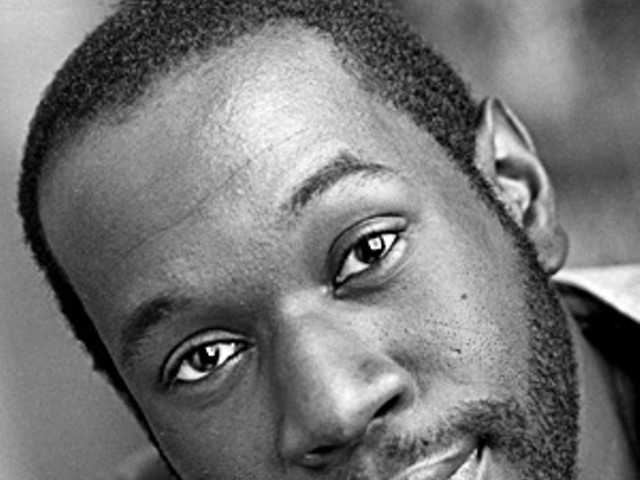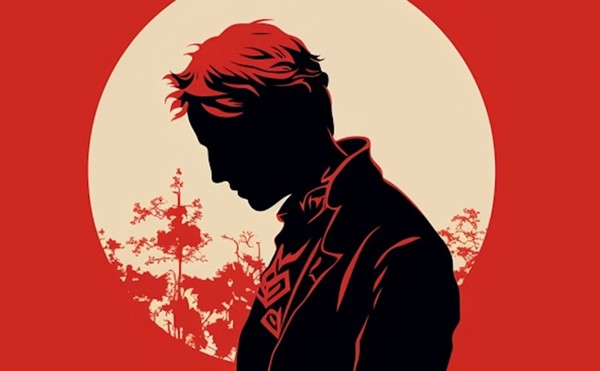According to Opera America, based on frequency of performances, La Bohème is the second-most-lovable opera in the U.S. repertoire. (No. 1 is another of Giacomo Puccini's magnificent tearjerkers, Madame Butterfly.) It's the kind of opera you can see again and again. In fact, you can see it again and again this summer. Opera Theatre of Saint Louis has revived its 2001 production of Bohème to open the 2009 season. (And next month you can see it in its Baz Luhrmann incarnation as Rent at the Fox.)
Back when Puccini composed this opera in the late nineteenth century, the term "Bohemian" was used to describe impoverished, anti-establishment artists in order to liken them to Europe's equally outcast Gypsies. This was based on the mistaken assumption among the French and English that Gypsies originated in Bohemia. In London and Paris the so-called Bohemians lived in the same downtrodden neighborhoods as the local Gypsies. The opera takes place in one of those neighborhoods, Paris' Latin Quarter.
Puccini was one of the few composers to eschew opera's usual fascination with mythology and the love affairs and succession problems of royalty. Instead he strove for what he called verissimo — truth-telling, or naturalness. The language of his songs is simple and straightforward in the original Italian, and Opera Theatre's English translation is alive with wordplay Puccini would have loved. In the first two acts, director Tim Ocel and his spirited young cast paint a lively and vivid picture of a bunch of middle-class dropouts living the Bohemian life in Paris at the cusp of the twentieth century.
The production is well cast. The six principal singers are young and vigorous; in the tradition of OTSL, they can act as well as they sing. In his St. Louis debut, Timothy Mix brings believability and a burnished baritone to his portrayal of Marcello, the painter. Derek Taylor as Rodolfo the poet, Steven Humes as Colline the philosopher and Eugene Chan as Schaunard the musician exude youthful optimism and camaraderie amid their self-imposed poverty. The four men have superb stage chemistry. Alyson Cambridge (as Rodolfo's consumptive lover Mimi) and Amanda Majeski (who plays actress, singer and all-around wild woman Musetta) make outstanding use of what first-time OTSL conductor Ari Pelto calls Puccini's "luscious, gorgeous music." All create characters we care about, which is all the more important as the final two acts devolve into tragedy.
Ocel, who directed this production with a different cast back in 2001, is great at creating the festive bustle of Christmastime on the streets of Paris. He is equally adept at more subtle moods when the plot calls for a chill morning scene at the city's gates or the mixed blessing of the Bohemians' cold and cramped yet homey garret. Pelto, though, loves the warm, swirling swells in Puccini's score a little too much at times and overwhelms the singers at a couple of dramatic moments.
Still, if you've been looking for a first opera to learn the ropes, this production makes for a fine choice. The opening-night crowd was liberally sprinkled with high school-age girls who yelped and squealed as the cast took its bows at the final curtain. For that matter, it'd make a great first date — and if things go well you can follow up with Rent next month.





